In 1798, a feral boy is discovered outside the town of Aveyron, France. Diagnosed as mentally impaired, he is relegated to an asylum. A young doctor named Jean Itard becomes […]
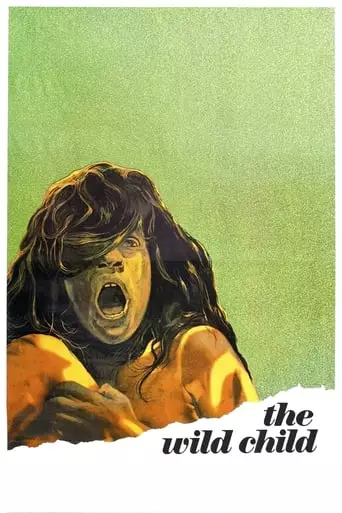
In 1798, a feral boy is discovered outside the town of Aveyron, France. Diagnosed as mentally impaired, he is relegated to an asylum. A young doctor named Jean Itard becomes […]
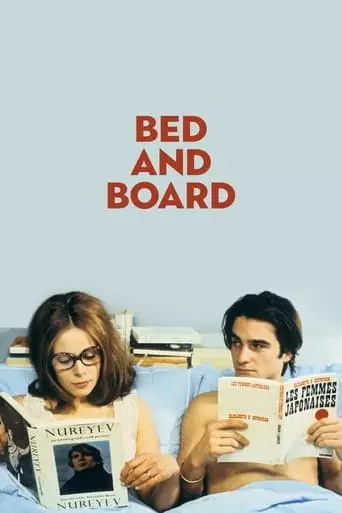
Parisian everyman Antoine Doinel has married his sweetheart Christine Darbon, and the newlyweds have set up a cozy domestic life of selling flowers and giving violin lessons while Antoine fitfully […]
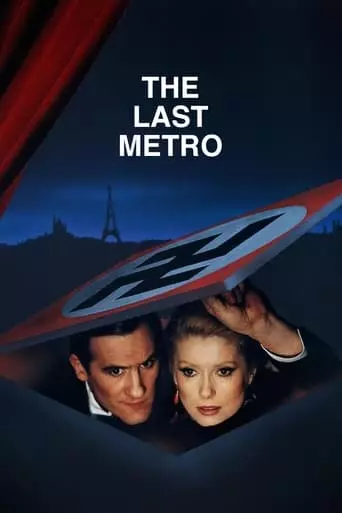
In occupied Paris, an actress married to a Jewish theater owner must keep him hidden from the Nazis while doing both of their jobs.
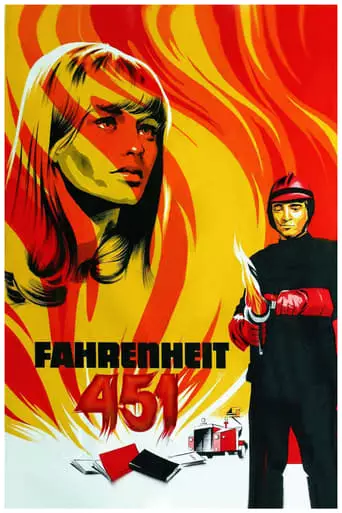
In the future, the government maintains control of public opinion by outlawing literature and maintaining a group of enforcers, known as “firemen,” to perform the necessary book burnings. Fireman Montag […]
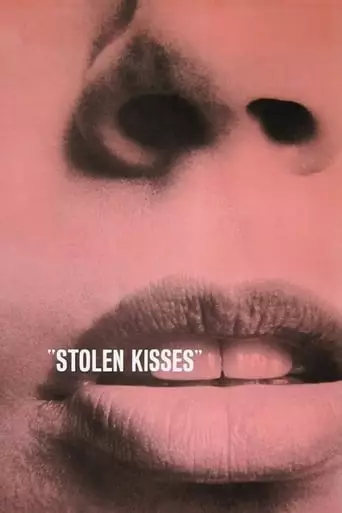
The third in a series of films featuring François Truffaut’s alter-ego, Antoine Doinel, the story resumes with Antoine being discharged from military service. His sweetheart Christine’s father lands Antoine a […]
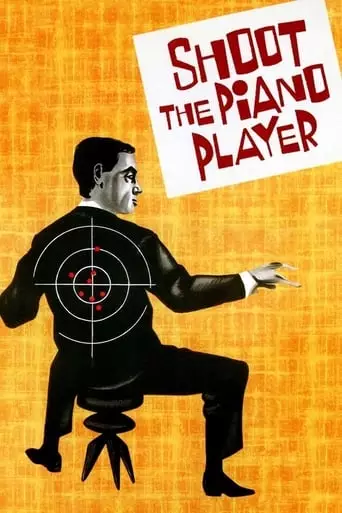
Charlie is a former classical pianist who has changed his name and now plays jazz in a grimy Paris bar. When Charlie’s brothers, Richard and Chico, surface and ask for […]
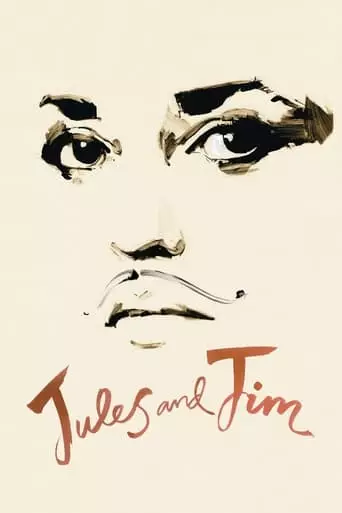
In the carefree days before World War I, introverted Austrian author Jules strikes up a friendship with the exuberant Frenchman Jim and both men fall for the impulsive and beautiful […]

A committed film director struggles to complete his movie while coping with a myriad of crises, personal and professional, among the cast and crew.
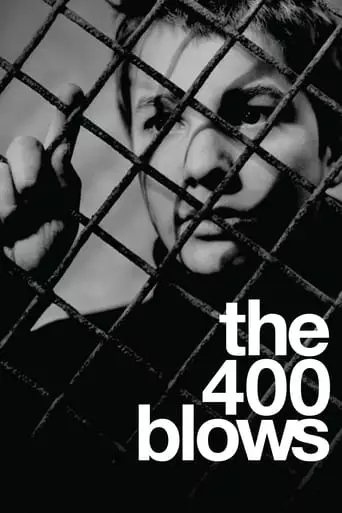
For young Parisian boy Antoine Doinel, life is one difficult situation after another. Surrounded by inconsiderate adults, including his neglectful parents, Antoine spends his days with his best friend, Rene, […]
François Truffaut: The Rebel of French Cinema
François Truffaut was a pioneer of the French New Wave (Nouvelle Vague), a movement that revolutionized filmmaking in the mid-20th century by rejecting traditional conventions in favor of personal, innovative storytelling. Renowned for his deeply humanistic films, Truffaut’s work explored themes of love, loss, childhood, and artistic passion with sensitivity and wit. His career as a director, screenwriter, critic, and actor left an indelible mark on cinema, both in France and globally.
Early Life and Criticism Career
Born on February 6, 1932, in Paris, France, François Truffaut had a turbulent childhood. Raised by his mother and stepfather, he often felt neglected, finding solace in books and the cinema. His passion for films developed early, with frequent visits to Parisian movie theaters shaping his understanding of the medium.
Truffaut became an influential film critic in the 1950s, writing for Cahiers du Cinéma, a publication founded by André Bazin, who became a mentor to Truffaut. As a critic, Truffaut was outspoken, famously attacking traditional French cinema, which he called le cinéma de papa (“daddy’s cinema”), for its reliance on literary adaptations and lack of originality. His controversial article, “A Certain Tendency of the French Cinema,” laid the foundation for the French New Wave, advocating for films as personal artistic expressions.
Directorial Debut: The 400 Blows (1959)
Truffaut made his directorial debut with Les Quatre Cents Coups (The 400 Blows), a semi-autobiographical film that became one of the defining works of the French New Wave.
Plot: The story follows Antoine Doinel, a troubled adolescent (played by Jean-Pierre Léaud), navigating neglect, misunderstanding, and rebellion in 1950s Paris.
Themes: A poignant exploration of childhood, freedom, and alienation.
Impact: The film won the Best Director award at the Cannes Film Festival and established Truffaut as a major voice in world cinema.
Legacy: Antoine Doinel would return in four more films, chronicling his life from adolescence to adulthood, creating one of cinema’s most beloved character arcs.
French New Wave and Cinematic Innovation
Truffaut was instrumental in the French New Wave’s success, a movement that included contemporaries like Jean-Luc Godard, Éric Rohmer, and Claude Chabrol. His films embraced the New Wave ethos, which included:
Personal Storytelling: Films often based on the director’s life experiences.
Improvised Techniques: Use of natural lighting, on-location shooting, and handheld cameras.
Narrative Freedom: Breaking from traditional story structures, with open-ended conclusions and experimental editing.
Notable Films
Truffaut’s oeuvre includes an eclectic mix of genres, from intimate dramas to thrillers and literary adaptations:
Shoot the Piano Player (1960):
A stylish crime drama blending noir with dark humor, inspired by American pulp fiction.
Legacy: Showcased Truffaut’s versatility and playful approach to genre filmmaking.
Jules and Jim (1962):
A love triangle between two men and a free-spirited woman, set against the backdrop of World War I and its aftermath.
Themes: Explored the complexities of love, friendship, and freedom.
Impact: Considered one of the greatest films of all time, its lyrical style and emotional depth influenced generations of filmmakers.
Fahrenheit 451 (1966):
A dystopian adaptation of Ray Bradbury’s novel about censorship and the suppression of ideas.
Significance: Truffaut’s only English-language film, showcasing his ability to tackle speculative fiction.
Day for Night (1973):
A love letter to filmmaking, following the trials and triumphs of a director (played by Truffaut himself) making a movie.
Awards: Won the Academy Award for Best Foreign Language Film.
The Last Metro (1980):
A wartime drama set in Nazi-occupied France, focusing on a theater troupe’s struggle to survive while hiding a Jewish director.
Legacy: A critical and commercial success, it won 10 César Awards, including Best Film and Best Director.
Recurring Themes
Truffaut’s films are united by his profound empathy for his characters and his enduring fascination with human relationships. Common themes include:
Childhood: From The 400 Blows to Small Change (1976), Truffaut sensitively portrayed the joys and pains of growing up.
Love and Obsession: Romantic entanglements and their emotional consequences are central to films like Jules and Jim and The Woman Next Door (1981).
Cinema as Art and Life: Truffaut’s films often reflect his love for the medium itself, evident in Day for Night and his critiques of traditional filmmaking.
Legacy and Influence
François Truffaut passed away on October 21, 1984, at the age of 52, leaving behind an unparalleled cinematic legacy. He directed over 20 films, many of which remain cornerstones of film history. His work influenced directors like Martin Scorsese, Wes Anderson, and Richard Linklater, who admired his ability to blend personal storytelling with universal themes.
Truffaut’s passionate defense of cinema as an art form and his contributions to the French New Wave forever changed the landscape of filmmaking. Today, his movies continue to resonate, celebrated for their emotional honesty, innovative techniques, and timeless appeal.
Conclusion
François Truffaut was more than a filmmaker; he was a storyteller who captured the human experience with unparalleled depth and artistry. His films remain a testament to the power of cinema to reflect life, challenge conventions, and inspire audiences across generations.